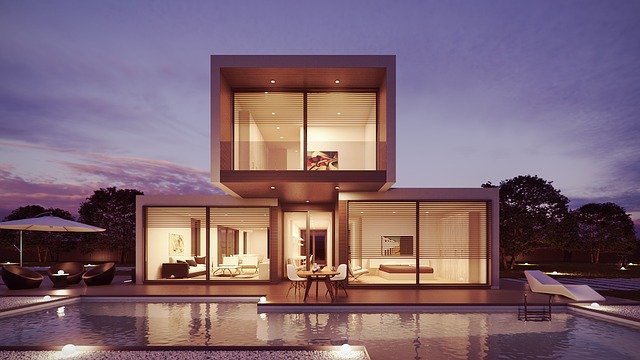The pandemic forced the country to impose stay-in-home orders and travel restrictions. These rules had the worst impact on the hospitality industry, as many hotels witnessed severe dips in the occupancy rate in 2020. At the same time, many households were already suffering from the short supply of affordable housing for the working class. In 2020, the house renting trend peaked, amounting to nearly 23% as against 12% in 2017. Studies suggest that many low-income families across different states spent over 30% of their household earnings on accommodation. Since new construction can be pricier, creative developers came up with the idea of repurposing hotels into homes.
Although the conversion process tends to be relatively faster and more efficient, one still must pay attention to numerous things. Changing hotels into apartments can be the best decision in areas where new studios come at more than USD$ 1,000 a month. Converted hotels can potentially bring down the cost of rent by 20%.
What do you need to consider while transforming hotels into livable units for the workforce population?
Maxwell Drever says that struggling hotels and motels can quickly transform into multi-family units to provide shelter to low- and middle-income groups that cannot afford decent accommodations due to rising rents. But as mentioned, it is an entire process where many things need fixing. For example, there will be preliminary structural adjustment involved. Features like plumbing, roofs, and mechanical frameworks will also require close examination. To comply with housing codes, you would have to modify exits, entry points, windows, and other elements. Plus, after updating the rooftop and others, there will be work around new dividers for protection.
However, you must pay special attention to rebuilding the flights of stairs inside the building. This work should not cause damage to other highlights. Also, one should cover drywalls while the renovation is in progress. Maxwell Drever rightly points out that property inspection has to be the priority. If designers and architects give a green signal, you can think about the rest of the stuff.
A favorable scene for everyone
The hotel industry was already facing debt issues and other challenges when the pandemic compelled cities to close down. Some hotels started recovering when the COVID-19 restrictions eased. Due to this, a few of them chose to go back to their original plan. But
many of them went ahead with the conversion idea, as the recovery has not been too practical for them. With this, relaxed regulations and the flow of investor funding into the affordable housing sector are also encouraging scenarios. So, it makes sense to test the waters in this direction.
Since it is a big step, you need guidance from housing market experts to understand the complexity and nuances of such a project. It will increase the chances of success for your hotel conversion. At the same time, you can depend on them to help you figure out ways to reach out to the target audience with proper communication to avoid any confusion or doubts about the affordable units.


